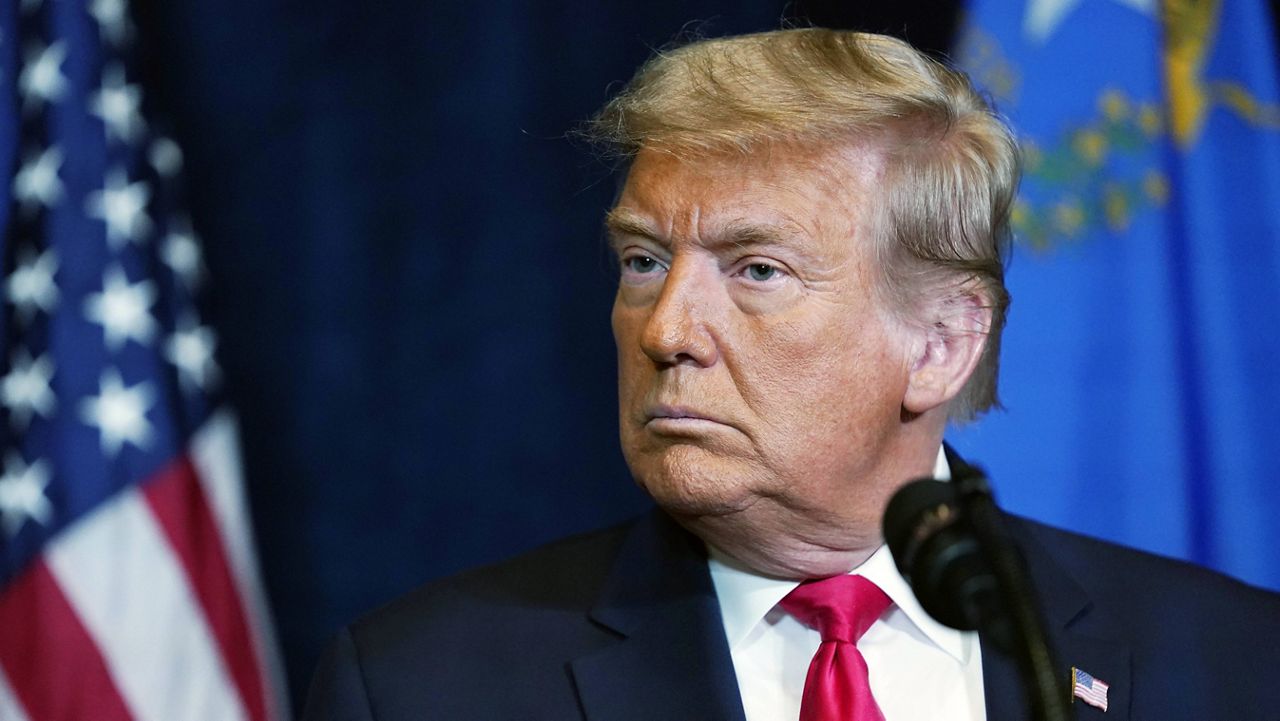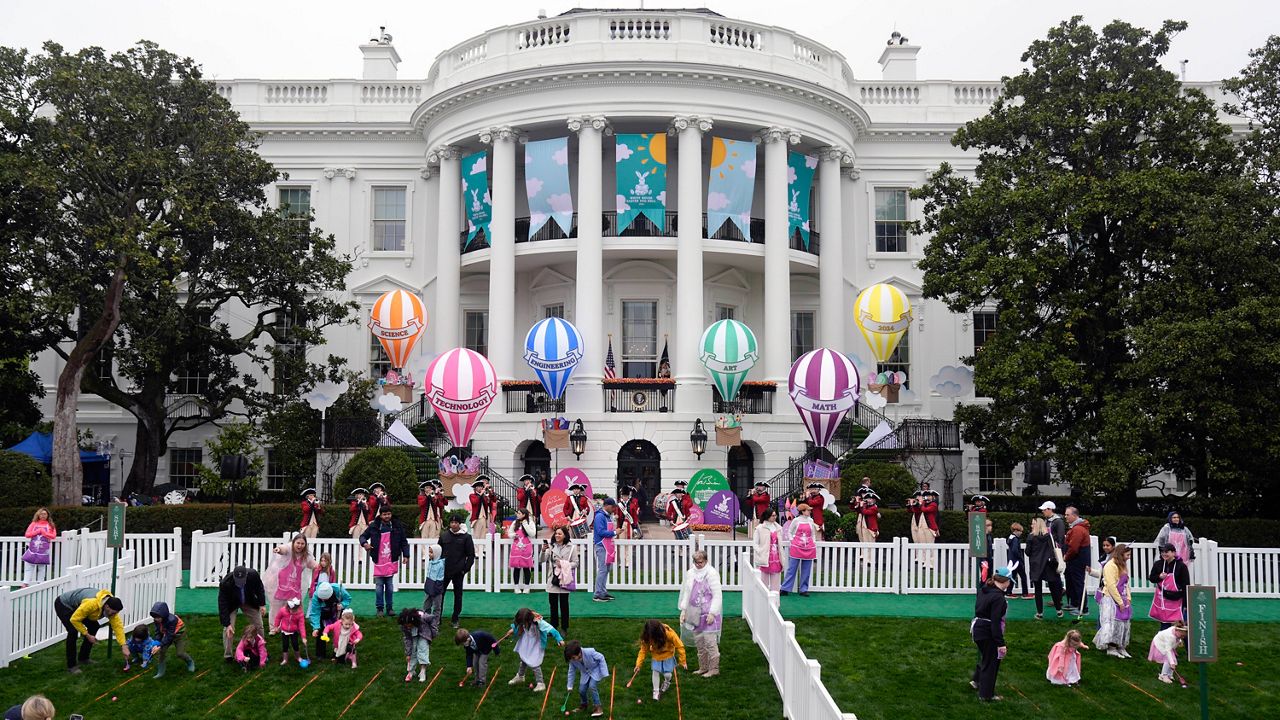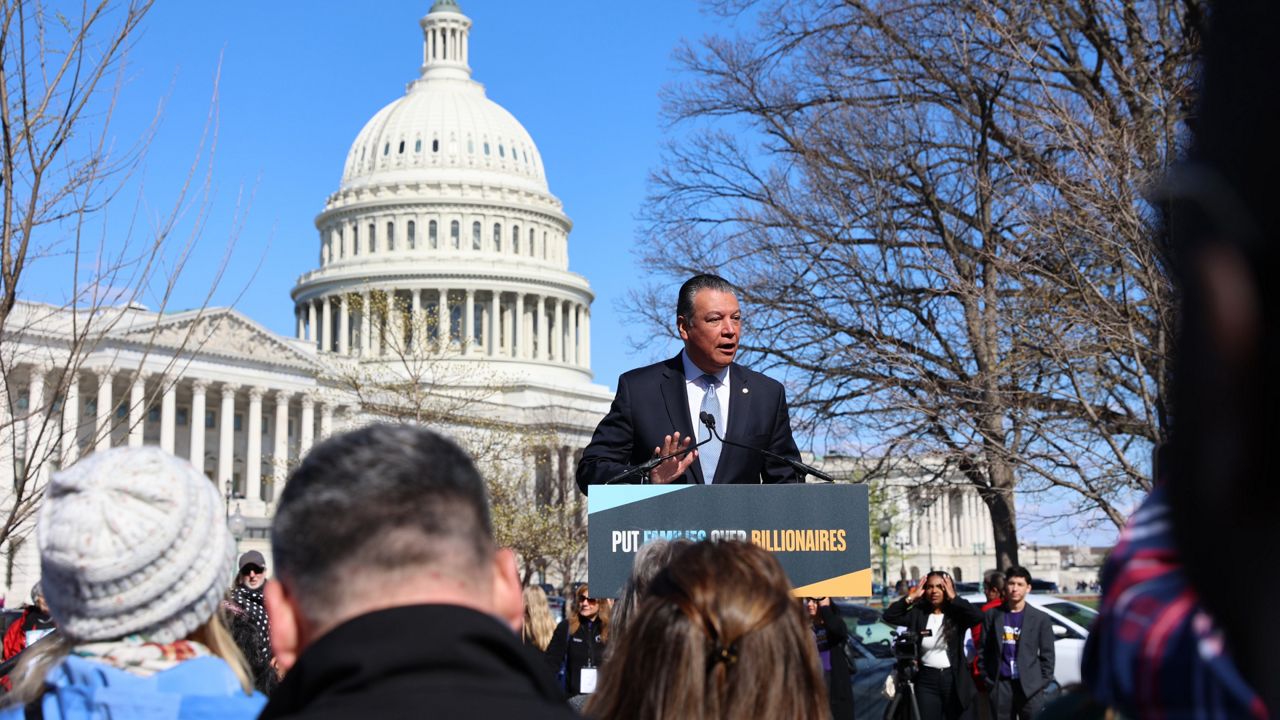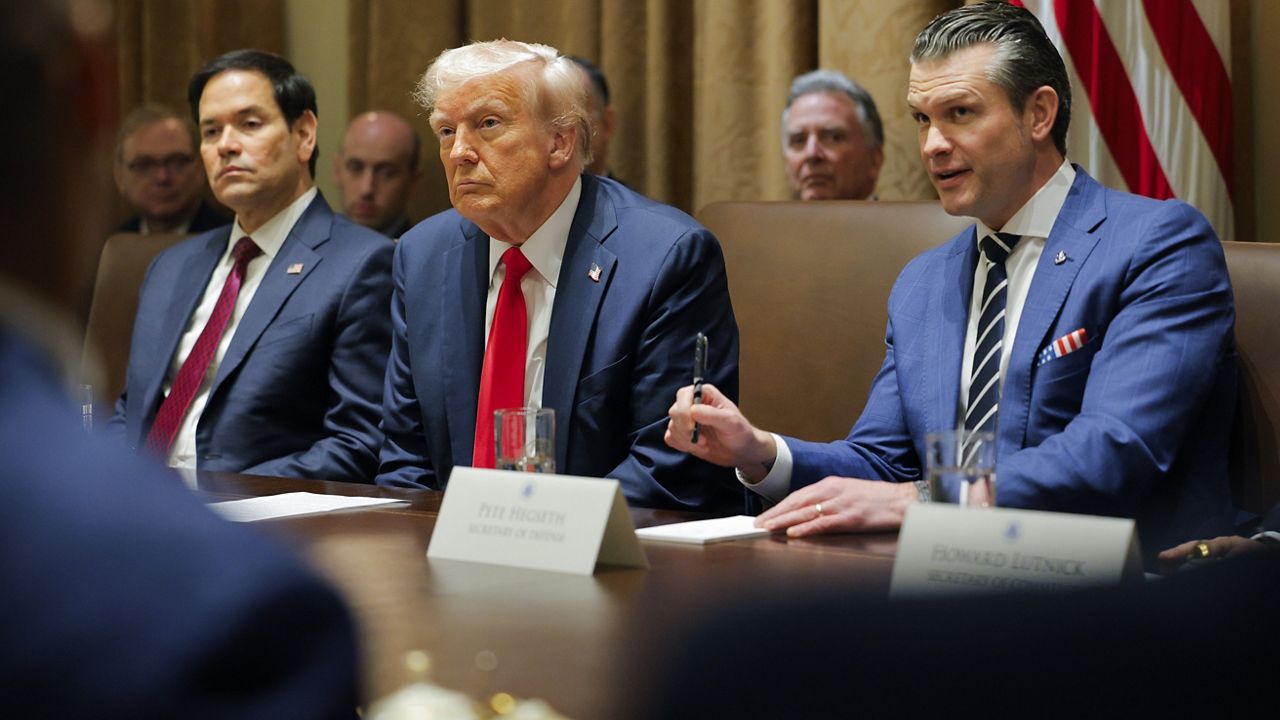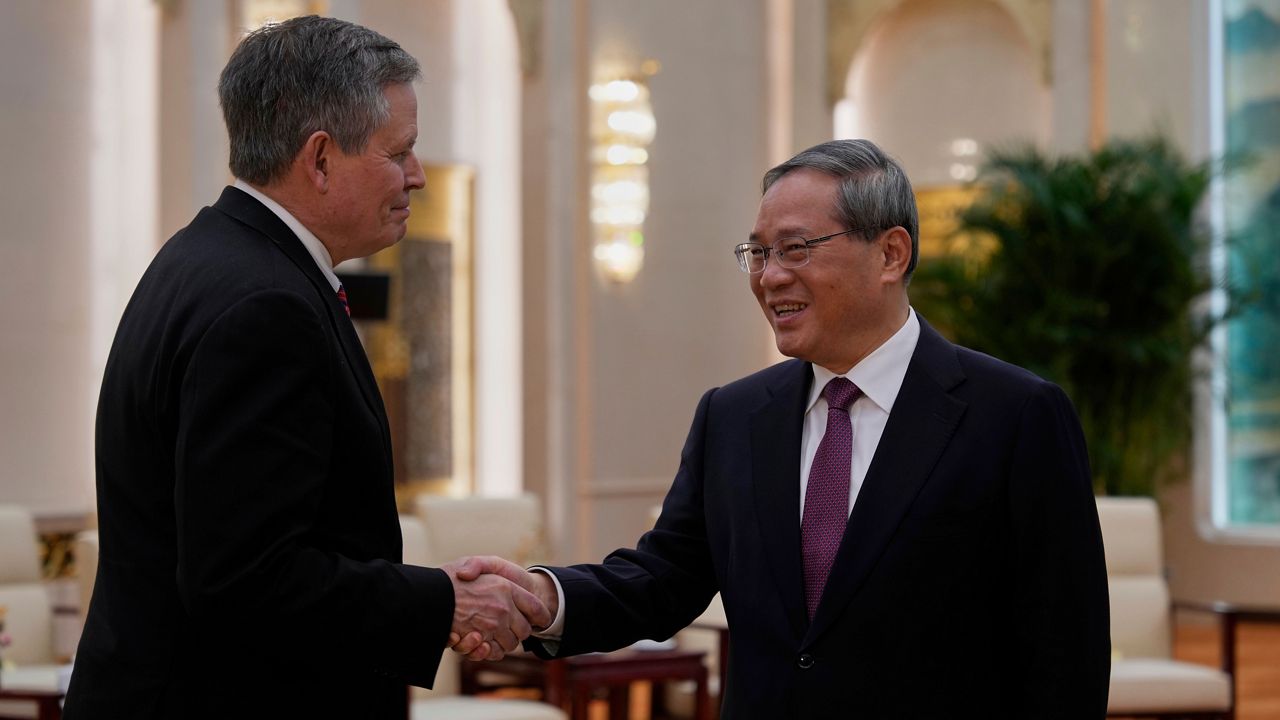WASHINGTON — The Biden administration said Monday that it would appeal a judge's order directing it to release in its entirety a legal memo on whether former President Donald Trump had obstructed justice during the Russia investigation. But it also agreed to make a brief portion of the document public.
What You Need To Know
- The Biden administration is appealing a judge's order directing it to release in its entirety a legal memo on whether former President Donald Trump obstructed justice during the Russia investigation
- The Justice Department, however, released a 1 1/2-page section of the memo, written for former Attorney General William Barr by two senior Justice Department officials
- U.S. District Judge Amy Berman Jackson ordered the DOJ to release the entire March 2019 memo, saying the department misstated the purpose of the document
- Jackson said the memo could not have been “predecisional” in nature if the Justice Department had already decided that there would be no obstruction case
U.S. District Judge Amy Berman Jackson earlier this month ordered the Justice Department to release the entire March 2019 memo as part of a public records lawsuit from a Washington-based advocacy organization. She said the department, under former Attorney General William Barr, had misstated the purpose of the document in arguing that it was legally entitled to withhold it from the group, Citizens for Responsibility and Ethics in Washington.
In a motion filed late Monday, the deadline for deciding whether it would comply with the judge's decision or appeal it, the Justice Department said that it continued to believe even that the full document should be exempt from disclosure.
Though the department agreed to release one section of the document — which it did Monday night — the lawyers asked Jackson to put her order on hold to give a federal appeals court a chance to review the ruling.
At issue is a March 24, 2019 memo from the Justice Department's Office of Legal Counsel that was prepared for Barr to evaluate whether evidence collected in special counsel Robert Mueller's investigation could support an obstruction of justice prosecution of the president. Barr has said he looked to that opinion in determining that Trump did not illegally obstruct the Russia probe.
The Justice Department turned over other documents to CREW as part of the group's lawsuit, but declined to give it the OLC memo, written by Steven Engel, then the head of the OLC, and Edward O’Callaghan, then a senior department official who was closely involved in supervising the Mueller investigation. Government lawyers said they were entitled under public records law to withhold the memo because it reflected internal deliberations among lawyers before any formal decision had been reached.
But Jackson said those arguments were disingenuous because the memo was prepared for Barr at the same time as a separate Justice Department letter informing Congress and the public that Barr and senior department leaders had concluded that Trump had not obstructed justice.
She said the OLC memo could therefore not have been “predecisional” in nature if the Justice Department had already decided that there would be no obstruction case.
In its motion Monday, Justice Department lawyers said the government never meant to mislead the court but acknowledged that some of its language could have been clearer.
The department said the decision before the attorney general was not whether to prosecute Trump since the indictment of a sitting president is precluded by longstanding Justice Department policy. Rather, the question that the memo set out to address was whether the facts gathered by Mueller could warrant a criminal case. That question, the government says, was a genuine decision that had to be made.
“The Attorney General’s determination on that point — and on what, if anything, to say to the public about that question — undoubtedly qualifies as a decision, even if it could not have resulted in an actual prosecution of the sitting President,” Justice Department lawyers wrote.
“There was no legal bar to determining that the evidence did or did not establish commission of a crime, a determination the Attorney General made and announced," they added.
The 1½-page portion of the memo the department disclosed shows that the two senior Justice Department leaders advised Barr that, in their view, Mueller's evidence could not support an obstruction conclusion beyond a reasonable doubt. But it also indicates there had been previous conversations about not charging Trump with a crime.
“Over the course of the Special Counsel’s investigation, we have previously discussed these issues within the Department among ourselves, with the Deputy Attorney General, and with you since your appointment, as well as with the Special Counsel and his staff. Our conclusions are the product of those discussions, as well as our review of the Report,” the lawyers wrote.
Although they believed Trump was immune from prosecution, Engel and O’Callaghan recommended in the memo that Barr reach a conclusion about whether the ex-president would have been prosecuted otherwise. Mueller declined to reach a conclusion on whether Trump committed any crimes, arguing that he would not have had the opportunity to defend himself against the allegations in court. But the Justice Department lawyers argued that the report could have been interpreted as making accusations of crimes.
“[A]ny uncertainty concerning the facts or the law underlying a proposed prosecution ultimately must be resolved in favor of that individual,” the officials wrote. “That principle does not change simply because the subject of the investigation is the President.”
This article was updated with additional information.






